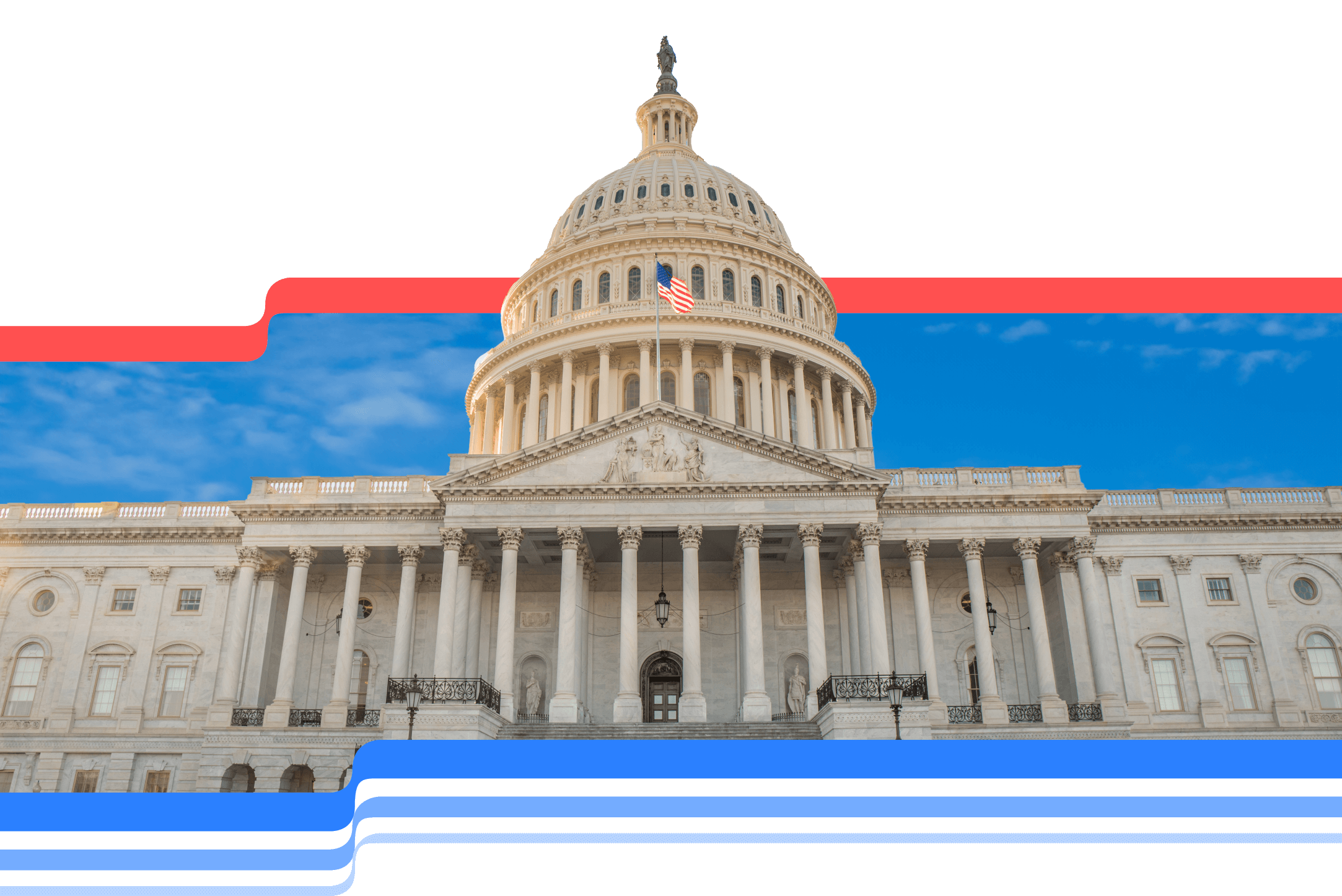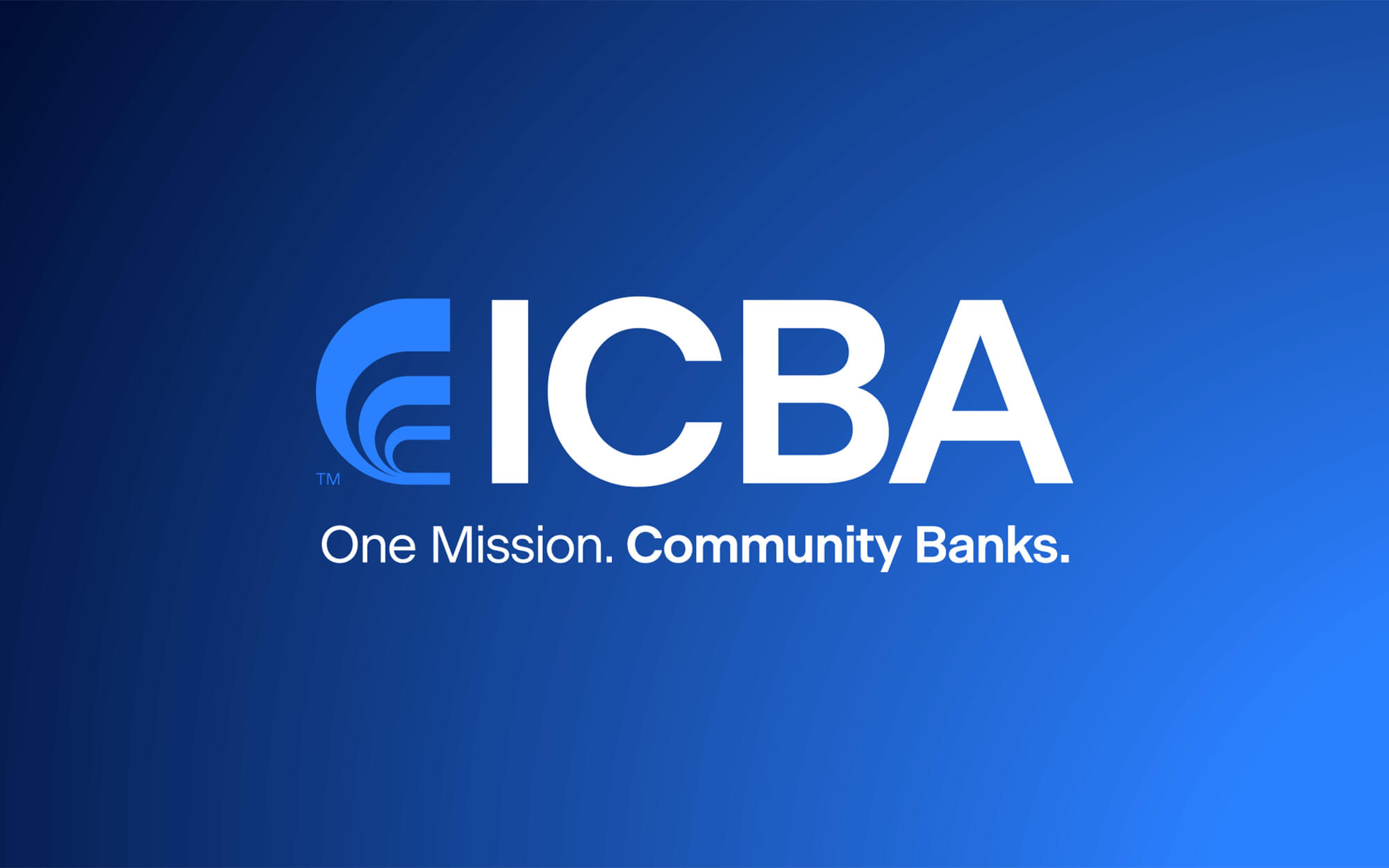The Independent Community Bankers of America, representing community banks across the nation with more than 52,000 locations, appreciates the opportunity to provide this statement for the record for today’s hearing, “A Review of PPP Forgiveness,” before the House Committee on Small Business Subcommittee on Economic Growth, Tax, and Capital Access.
The Paycheck Protection Program (PPP) rapidly and effectively deployed critical funding to small businesses nationwide. At this time, a simplified forgiveness process is urgently needed to ensure the Program does not become a quagmire of red tape for lenders and borrowers, distracting them from the hard work of restoring economic and employment growth.
As the 116th Congress comes to a rapid close, we urge Congress to act expeditiously to enact the Paycheck Protection Small Business Forgiveness Act (H.R. 7777), which is described below.
Community Banks and the PPP
Community bankers nationwide recognized the program as the best hope for preserving the economic life of their communities and processed a flood of applications in a short time for new customers and old. Community banks were uniquely positioned to make the program work, drawing on established relationships and bonds of trust to help borrowers navigate the application process.
They were ready and eager to help borrowers who had been turned away from other institutions. To date, community banks have issued 65 percent of PPP loans. As complex as the application process was, the forgiveness process is an order of magnitude more complex. Borrowers need relief.
Forgiveness Must Be Simplified
While Congress has been responsive to the need for more Program flexibility in passing the Paycheck Protection Program Flexibility Act (H.R. 7010), it has yet to address the Program’s prohibitive complexity when it comes to obtaining loan forgiveness. Until forgiveness is simplified, the Program will not be what Congress intended it to be: Essentially a grant program to sustain employment through government-imposed business disruption.
Borrowers should not have to hire accountants at exorbitant fees to assist with loan forgiveness. Borrowers whose first language is not English should not be forced to struggle with complex forms and procedures.
Government Accountability Office: Complexity Could Limit Program Effectiveness
Interested in discussing this and other topics? Network with and learn from your peers with the app designed for community bankers. Join the conversation with ICBA Community.
In its latest report on CARES Act programs, the GAO found that the complexity and lack of guidance surrounding PPP loan forgiveness could limit the effectiveness of future rounds of the program. In particular, the GAO said lender associations have warned of lender fatigue over the application and forgiveness processes.
The report notes that forgiveness applications could take up to 15 hours for borrowers to complete and 75 hours for lenders to review. This is an unacceptable burden for borrowers and lenders with urgent competing demands on their time during a pandemic.
Pass the Paycheck Protection Small Business Forgiveness Act (H.R. 7777)
The solution community bankers support is passage of the Paycheck Protection Small Business Forgiveness Act (H.R. 7777), legislation introduced by Representatives Chrissy Houlahan and Fred Upton and cosponsored by over 90 bipartisan members of the House. A Senate companion bill, S. 4117, has similar broad support.
H.R. 7777 would create automatic forgiveness for PPP loans of $150,000 or less. The borrower would complete a one-page form which would include an attestation that loan proceeds were spent in compliance with Program rules. The form would give the borrower with the option to provide demographic information as well as information about the expenditure of loan proceeds.
The lender would be permitted to rely on this attestation as well as on all borrower certifications and documents for loans above the $150,000 threshold. Automatic forgiveness would not preclude enforcement action in cases of fraud or where the borrower has spent loan proceeds on expenses that are not allowable.
H.R. 7777 is critical to the success of the PPP. A disproportionately high number of applications were submitted to the SBA by community banks. Detailed review of each loan is simply not practical for borrowers or lenders. A presumption of compliance for these borrowers will allow business owners to focus on their businesses and the safety of their employees and customers.
EIDL Advances Should Not Offset PPP Forgiveness
As you know, in addition to the PPP, the CARES Act created the Economic Injury Disaster Loan (EIDL) Advanced grant to provide immediate cash assistance of up to $10,000 to businesses effected by the pandemic. Nothing in the statute prohibits a business from applying for both forms of assistance or requires that one offset the other. For this reason, many businesses applied for both an EIDL advance and a PPP loan.
Subsequent SBA guidance provided that a PPP borrower’s loan forgiveness must be reduced by the amount of any EIDL advance. Borrowers were caught off guard by this requirement. It has created financial hardship for businesses that can least afford it. An easy way for Congress to expand the value of PPP forgiveness is to reverse the SBA offset requirement.
We urge this committee’s support for the EIDL Forgiveness Act (H.R. 8361), bipartisan legislation sponsored by Representatives John Curtis and Joe Neguse, which would clarify Congress’ original intent by excluding the amount in an EIDL Advance grant a business receives from their PPP loan forgiveness calculation.
Closing
Thank you again for convening today’s hearing. We appreciate this committee’s commitment to the ultimate success of the PPP which must include automatic loan forgiveness for smaller loans and the exclusion of EIDL advances from the PPP loan forgiveness calculation. We look forward to working with you to advance this legislation in the short time that remains in the 116th Congress.






